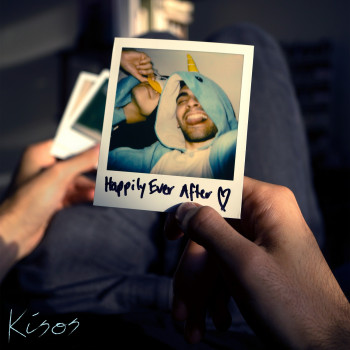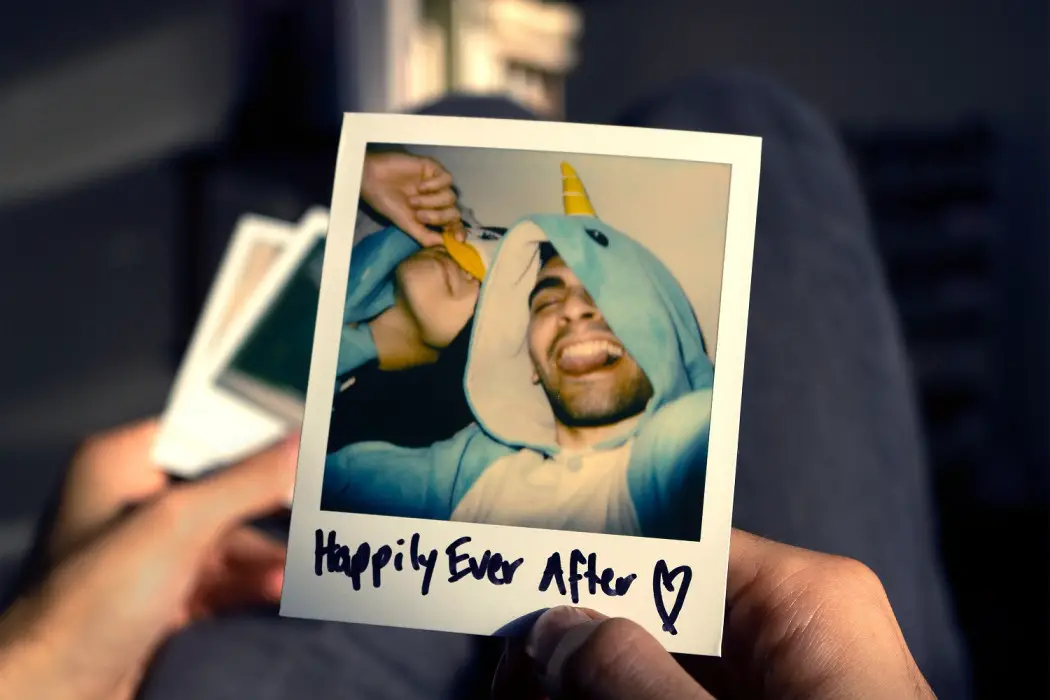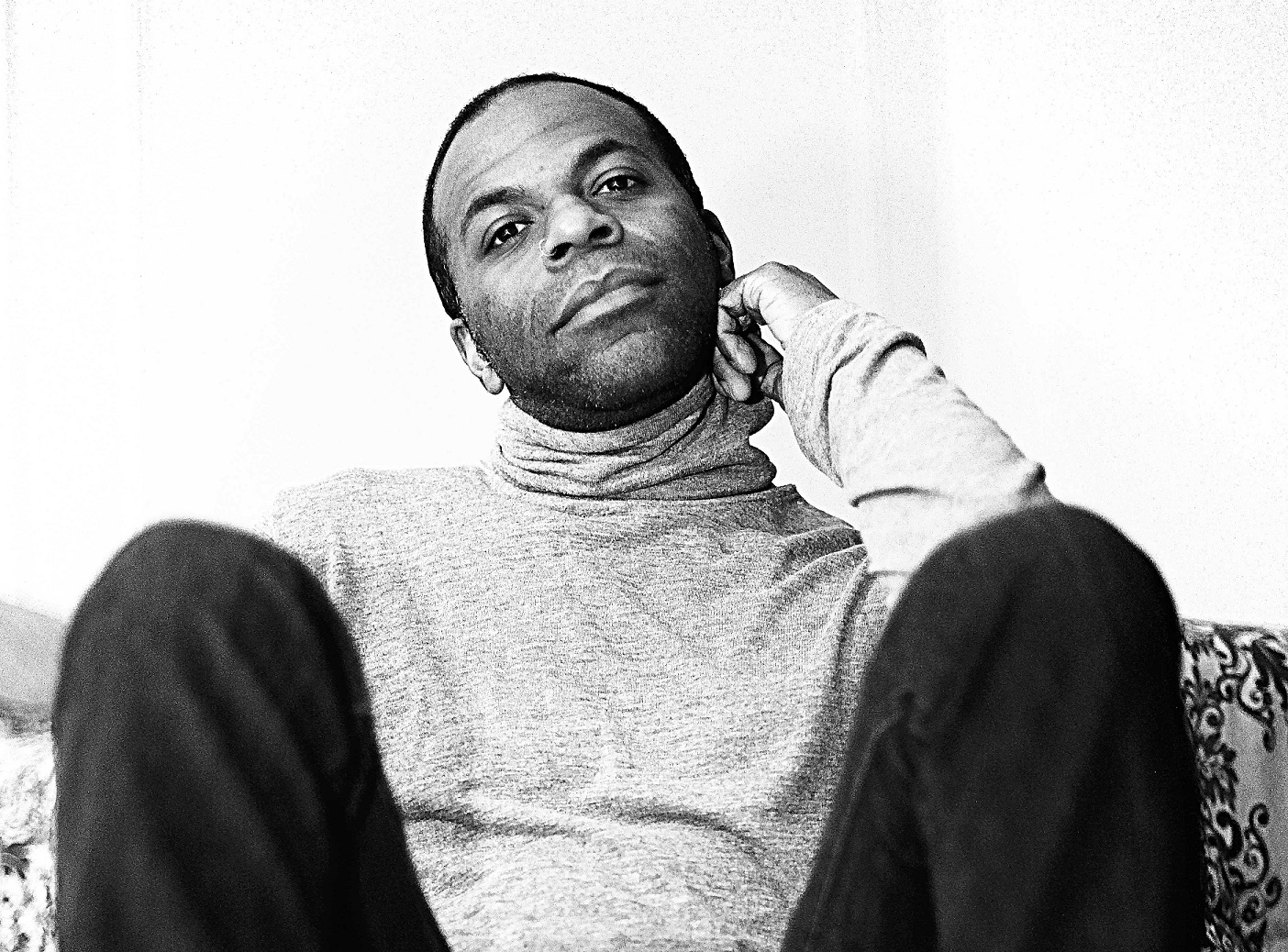Indie pop artist Kisos floods our ears with love and heartbreak in his impassioned club anthem “Happily Ever After,” a sweet indulgence of denial.
? ?
My last relationship gave me the most beautiful and depressing years of my life.
New York indie pop artist Kisos floods our ears with love and heartbreak in his impassioned new anthem “Happily Ever After,” a sweet indulgence of denial coming around just in time for Valentine’s Day. Sometimes, love is a waiting game; the timing just isn’t right, and patience is the key to making your way (back) into someone’s life and heart. “Happily Ever After” brings that sentiment to life with a tropical warmth hot enough to melt the iciest of hearts.
Refuse to believe you don’t want me
It saves me, but it kills me inside
Cuz hope is deadly if the situation’s hopeless
But I’m accepting denial
Stream: “Happily Ever After” – Kisos
[soundcloud url=”https://api.soundcloud.com/tracks/570888528?secret_token=s-PJLf4″ params=”color=ff5500&auto_play=true&visual=true&hide_related=false&show_comments=true&show_user=true&show_reposts=false” width=”100%” height=”300″ iframe=”true” /]
Atwood Magazine is proud to be premiering “Happily Ever After,” (prod. by Kyle Patrick & Kisos) the lead single off Kisos’ forthcoming sophomore EP. In line with the electro/indie pop of MIKA, Troye Sivan, and Years & Years, Kisos’ music is a danceable roller-coaster of emotion. 2018’s debut EP VOICES found the artist finnessing a suave pop feeling that comes to life in his latest work in a dizzying array of musical color.
It’s fucked up, but you’re my motivation
We’ll grow up and then you’ll see what you’re missing
You’ll come home and then you’ll look at me
The way you used to, the way I want you
“Happily Ever After” isn’t a breakup song, nor is it a traditional love song. Rather, it’s an aching cry for reconciliation; a plea for love. For Kisos, it was the volatility of his prior relationship that ultimately led to its demise, while in its run giving him the highest highs of his life.
“We both had baggage from previous loves, but all the red flags couldn’t stop me from giving this man my all,” he explains. “My happiness depended on his, and I felt his constant state of stress was my fault. I knew he loved me, but I rarely felt it.”
Kisos continues, “The day we reluctantly broke up he told me, ‘I don’t see myself with anyone but you.’ And that stuck with me because, despite everything, it felt like a stifled truth. A few weeks later I found out he was pursuing someone else we knew. I flooded with emotion and wrote this song on a subway ride from Harlem to Brooklyn. I refused to believe his new relationship would last, holding tight to his final words. I used denial to survive, fully aware of how unrealistic (and unhealthy) it would be to get back with him. The potential of a reunion was dangerous motivation. Envisioning that once I bettered myself, and we dealt with our individual issues, we could fix everything, and somehow live happily ever after.”
Kisos spares no expense in asserting his love in the song’s dramatic outpouring of a chorus. One imagines the climax of a musical centering itself around his words as he tears himself apart:
I killed myself for you, you killed yourself for me
Now that we realize what went wrong
Can we move on happily?
Your negativity, my codependency
Now that we realize what went wrong
Can we move on happily?
Some songs are better left as fantasies than realities, and certainly “Happily Ever After” fits that criteria for the artists. Nevertheless, there’s an urgency to Kisos’ outreach that makes his desire all the more tantalizing. It’s the dangerous motivation to be back in the arms of the one you love(d), regardless of the low lows that came alongside those high highs. Is love worth the pain, if the pain is so intense? “I gotta figure out all my shit first, and hopefully you’re doing the same,” Kisos sings in the bridge. “Once we’ve had our time to recover, I wanna try this with you again.“
Moving on is a process, and there’s nothing that says you can’t be in denial for a little while if it helps you get out of bed every day. Time heals those wounds for you, and in time hopefully both Kisos and his ex find what they’re looking for – whether it’s each other, or someone new. The pain might feel fresh right now, and that’s okay! Love is supposed to hurt; otherwise, it wouldn’t be worth our while. Stream Kisos’ “Happily Ever After” exclusively on Atwood Magazine, and here’s to dwelling in denial!
As Kisos sings in the outro:
Refuse to believe you don’t want me
It saves me, but it kills me inside
? ?
:: stream/purchase Happily Ever After here ::
Stream: “Happily Ever After” – Kisos
[soundcloud url=”https://api.soundcloud.com/tracks/570888528?secret_token=s-PJLf4″ params=”color=ff5500&auto_play=false&visual=true&hide_related=false&show_comments=true&show_user=true&show_reposts=false” width=”100%” height=”300″ iframe=”true” /]? ?
:: stream/purchase Happily Ever After here ::
? ? ? ?

Connect to Kisos on
Facebook, Twitter, Instagram
Discover new music on Atwood Magazine
? © Adam Ouellette








